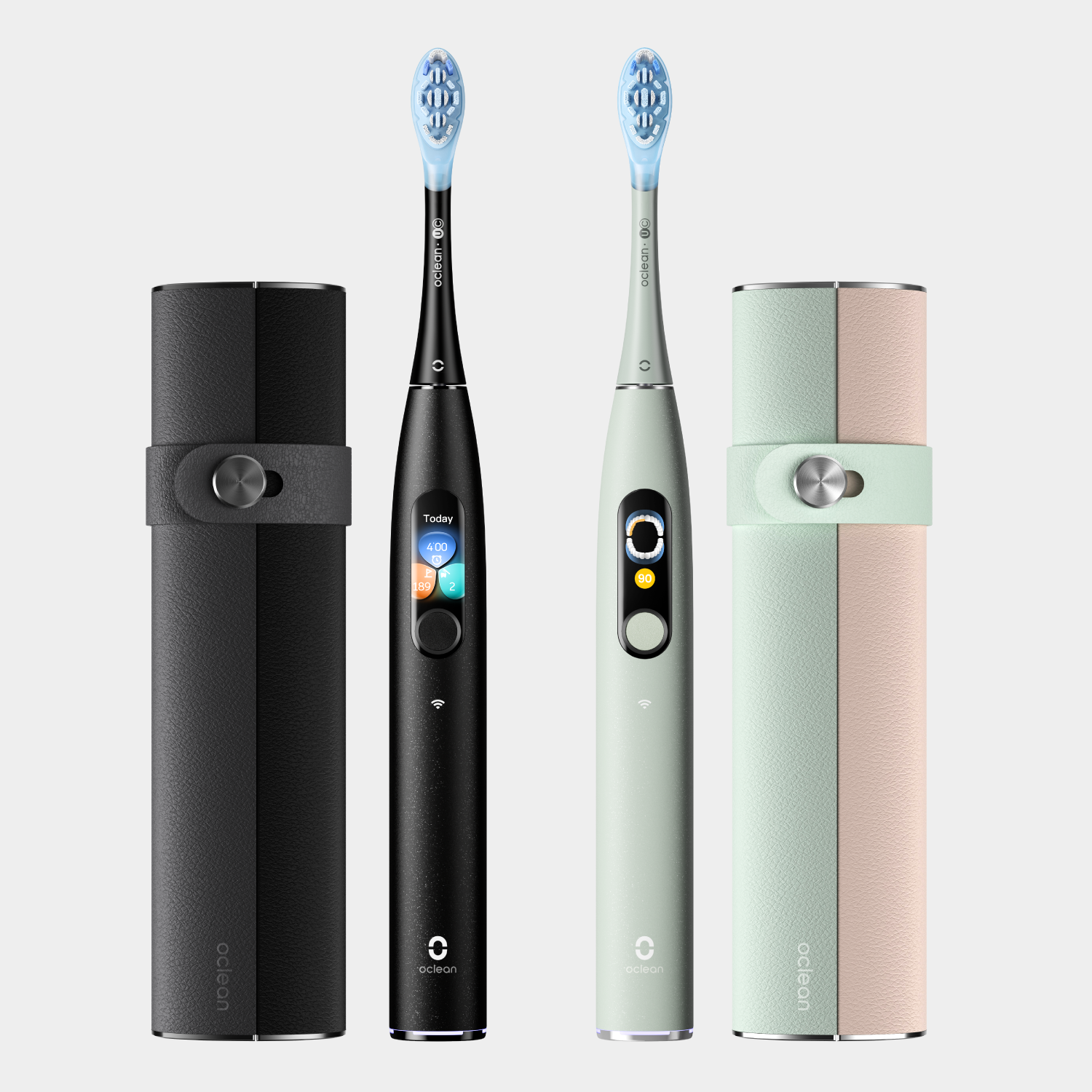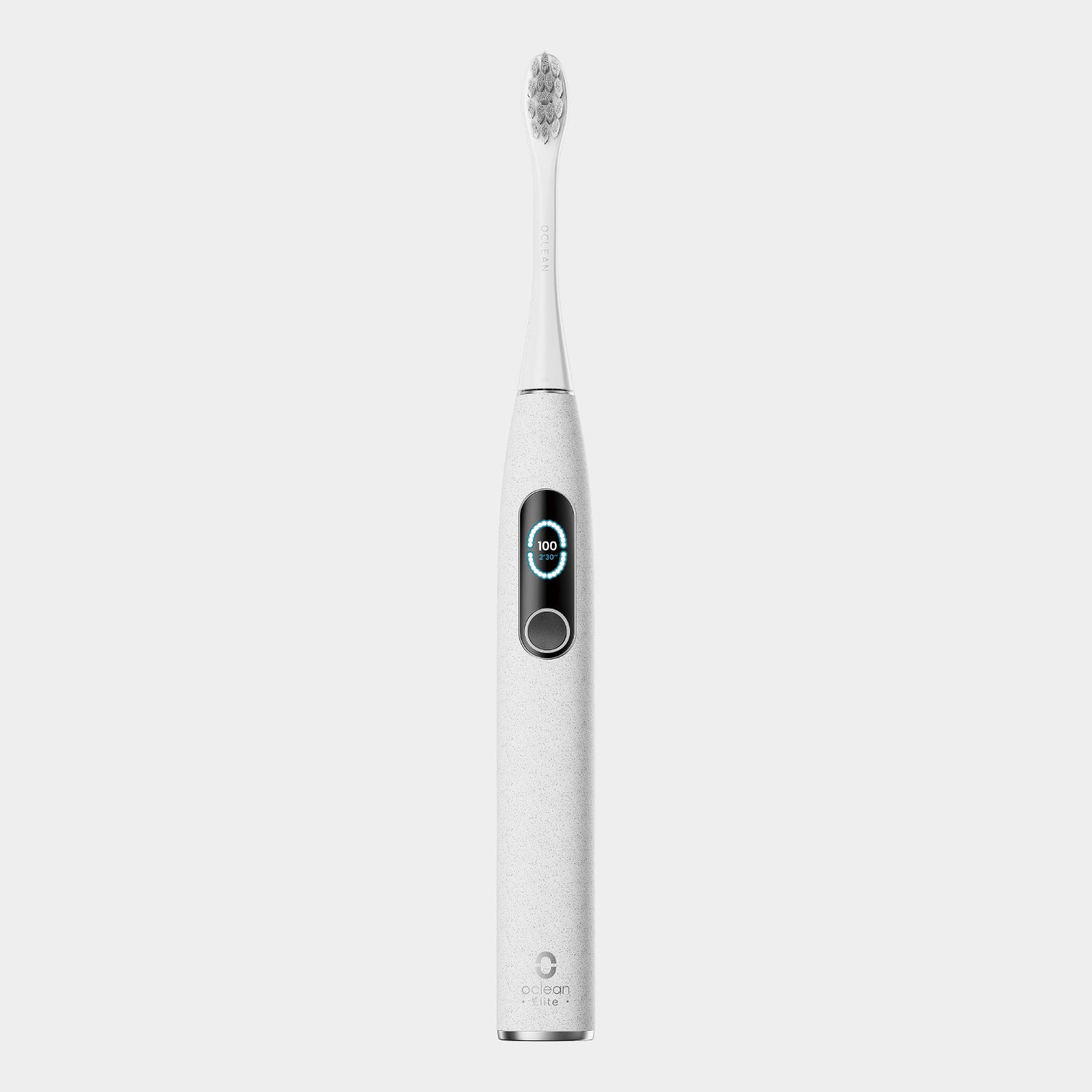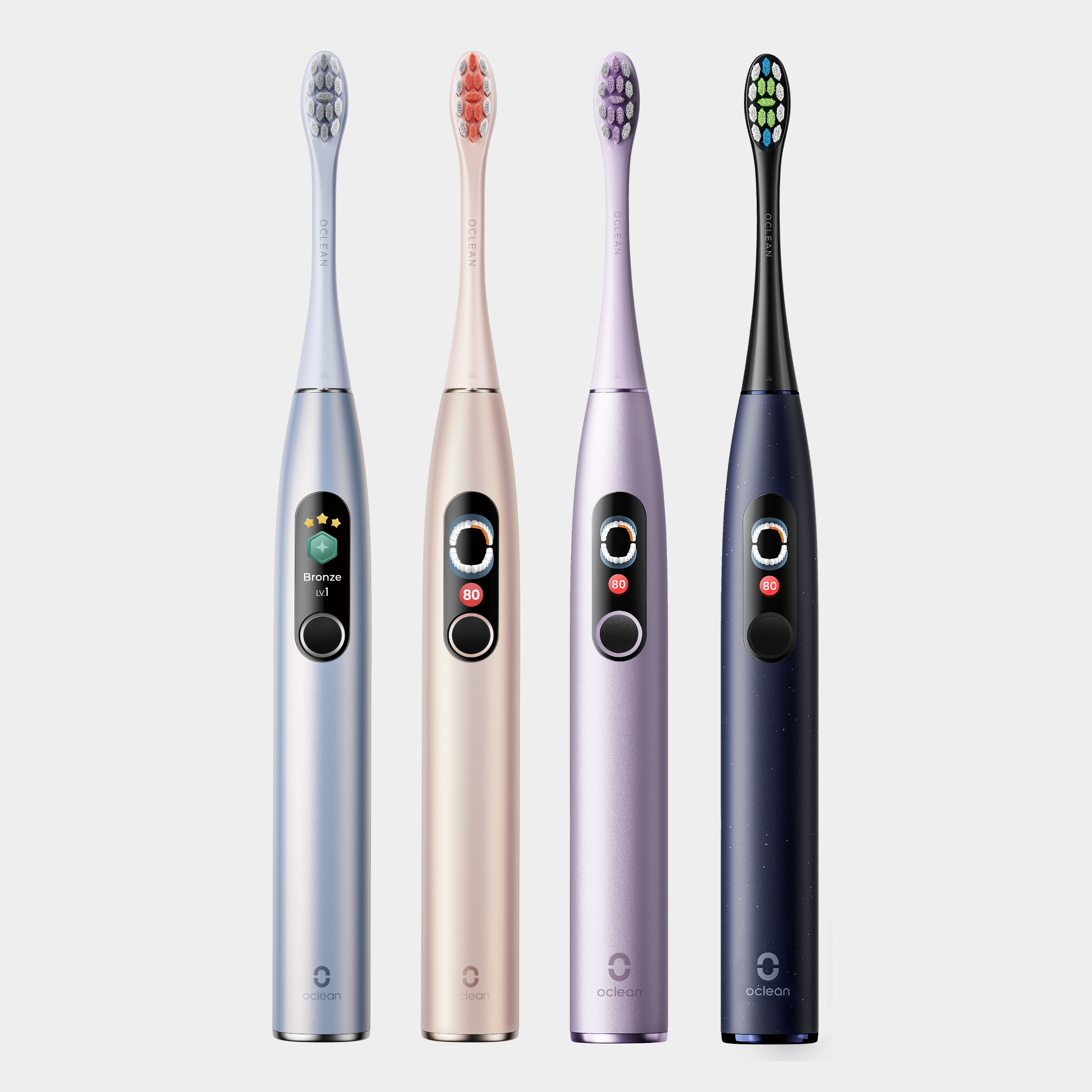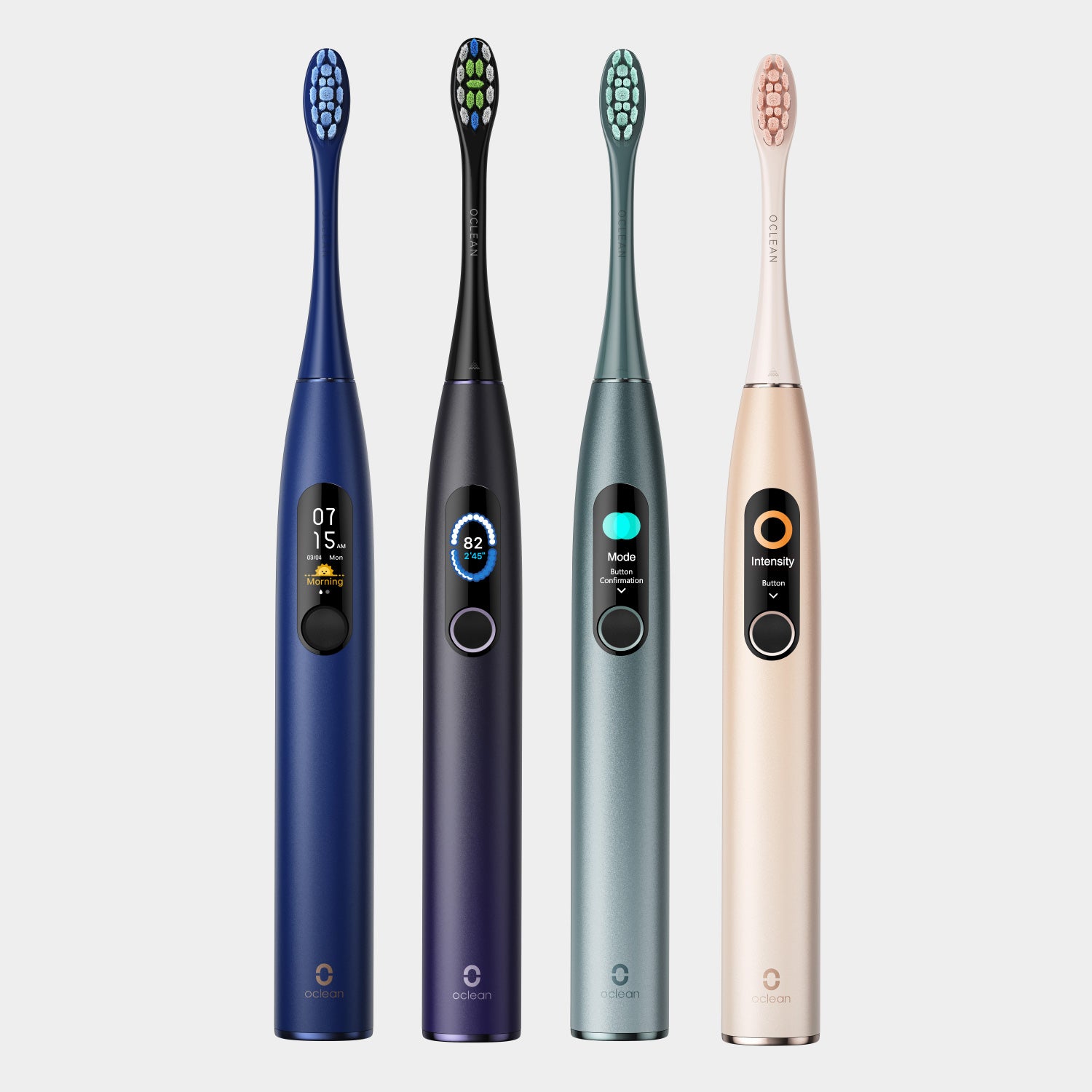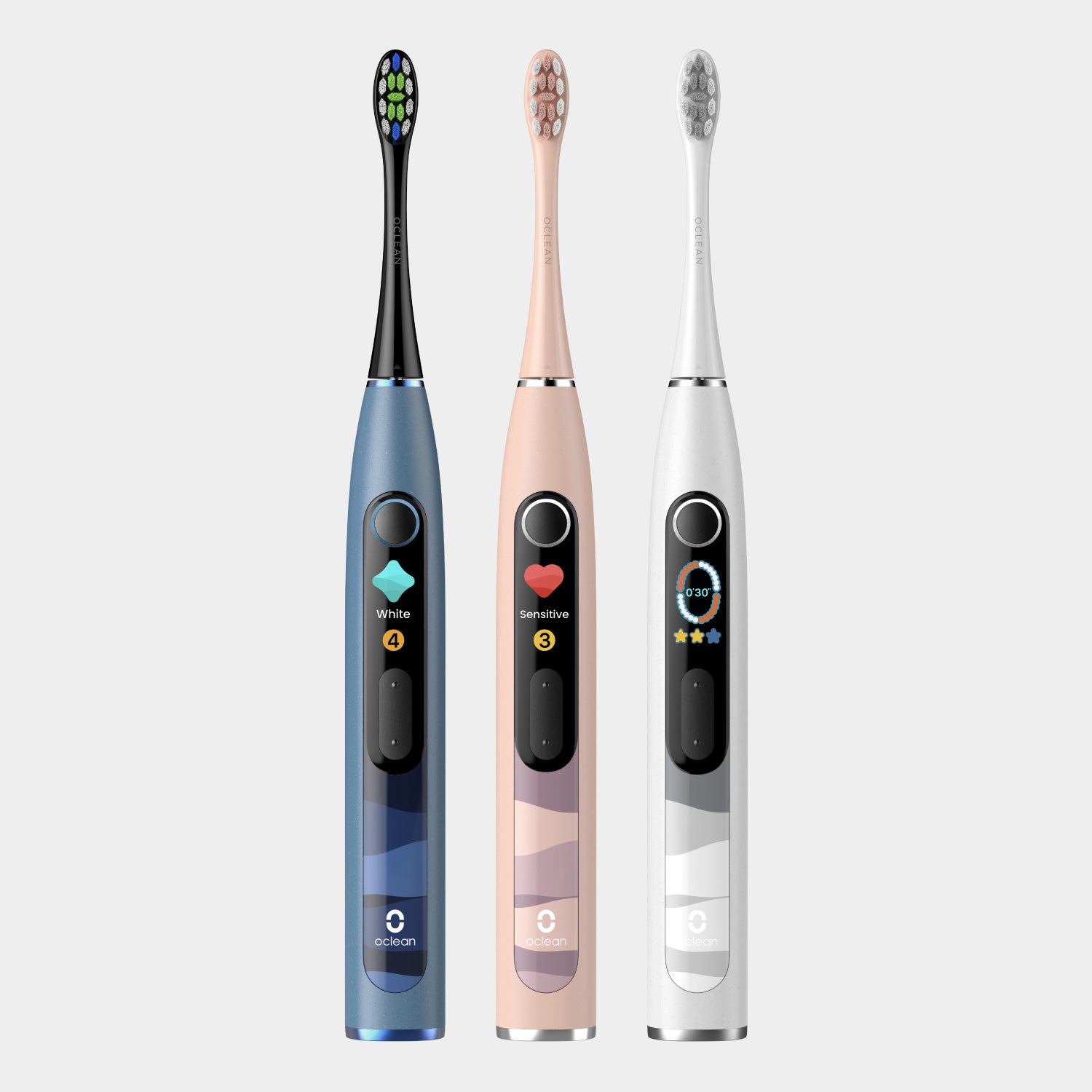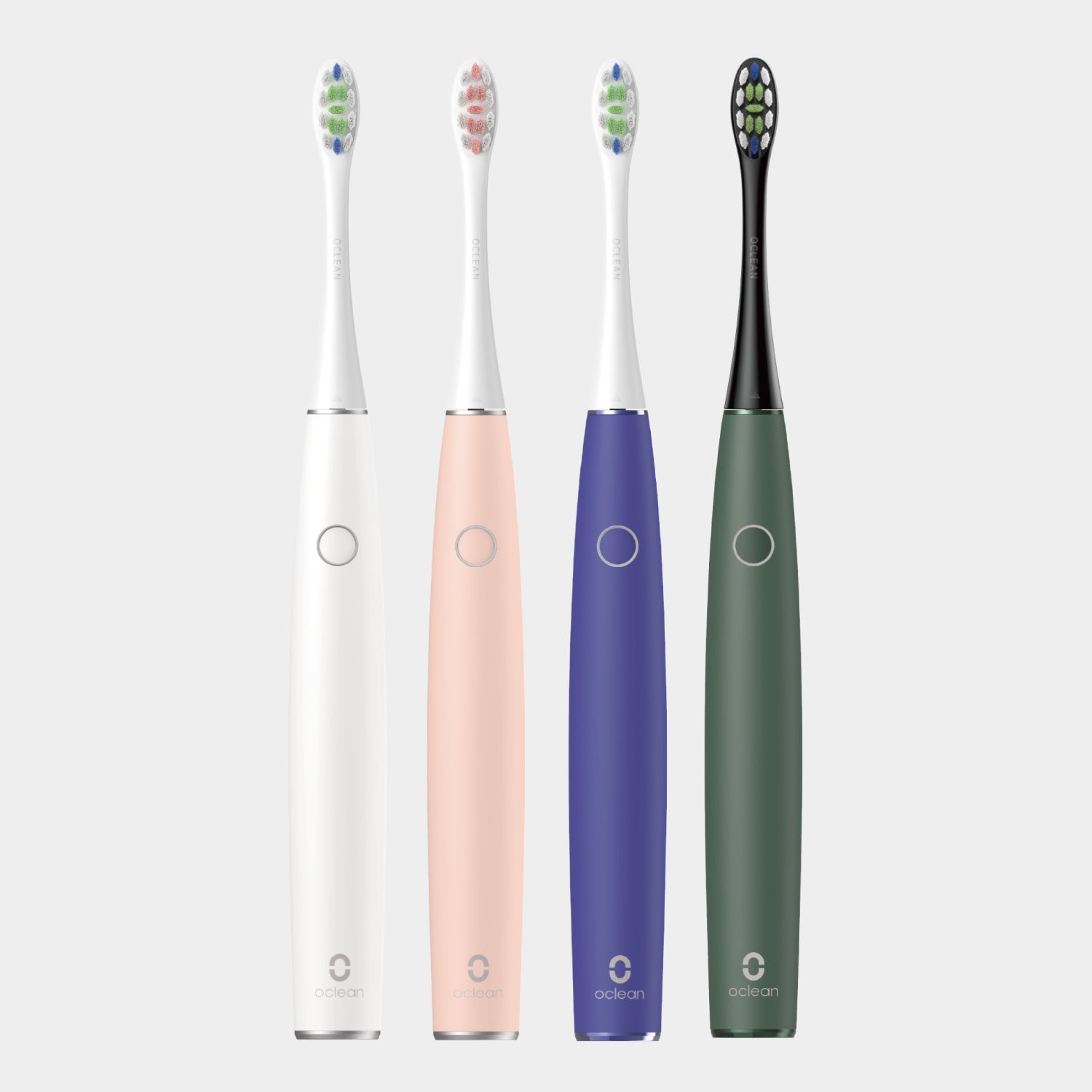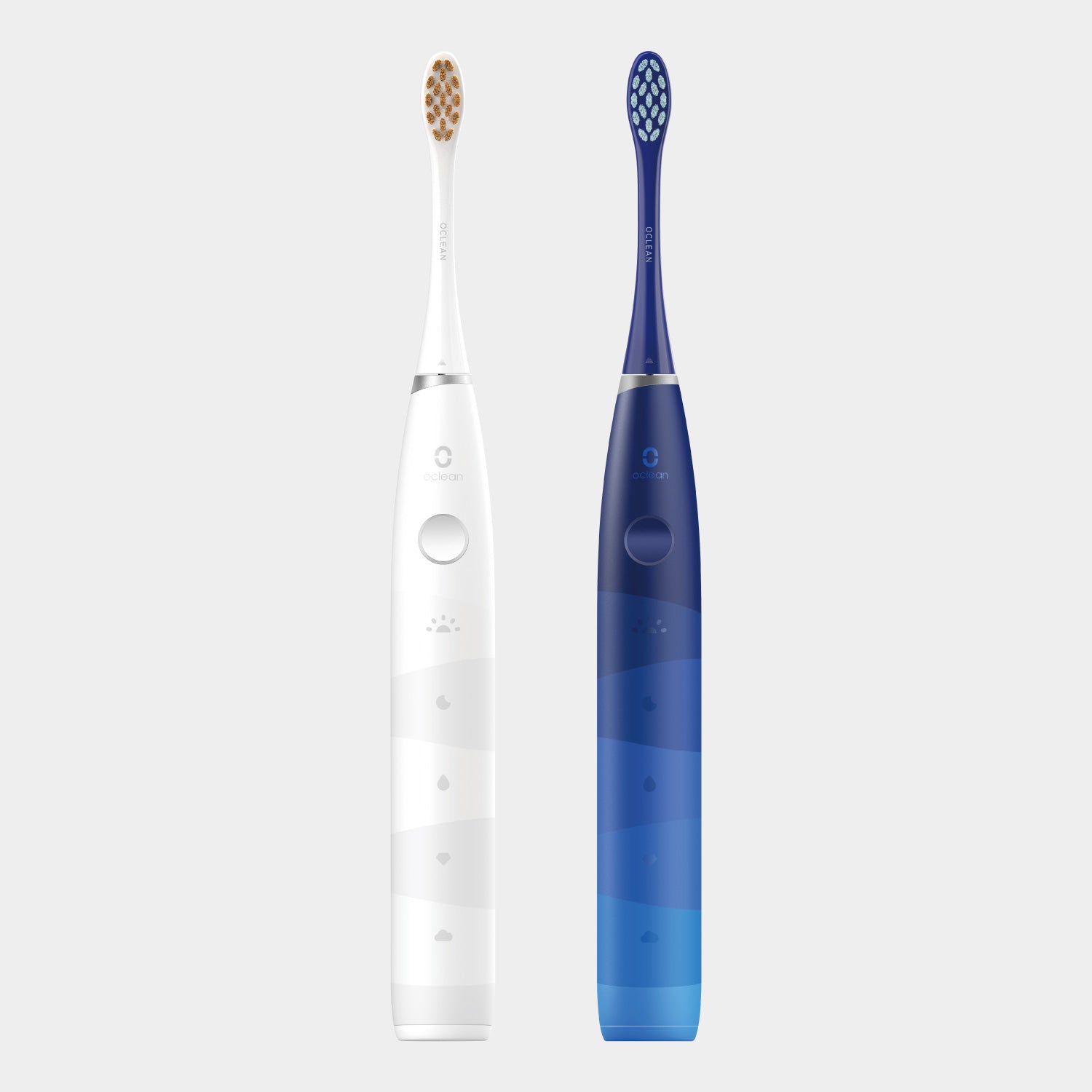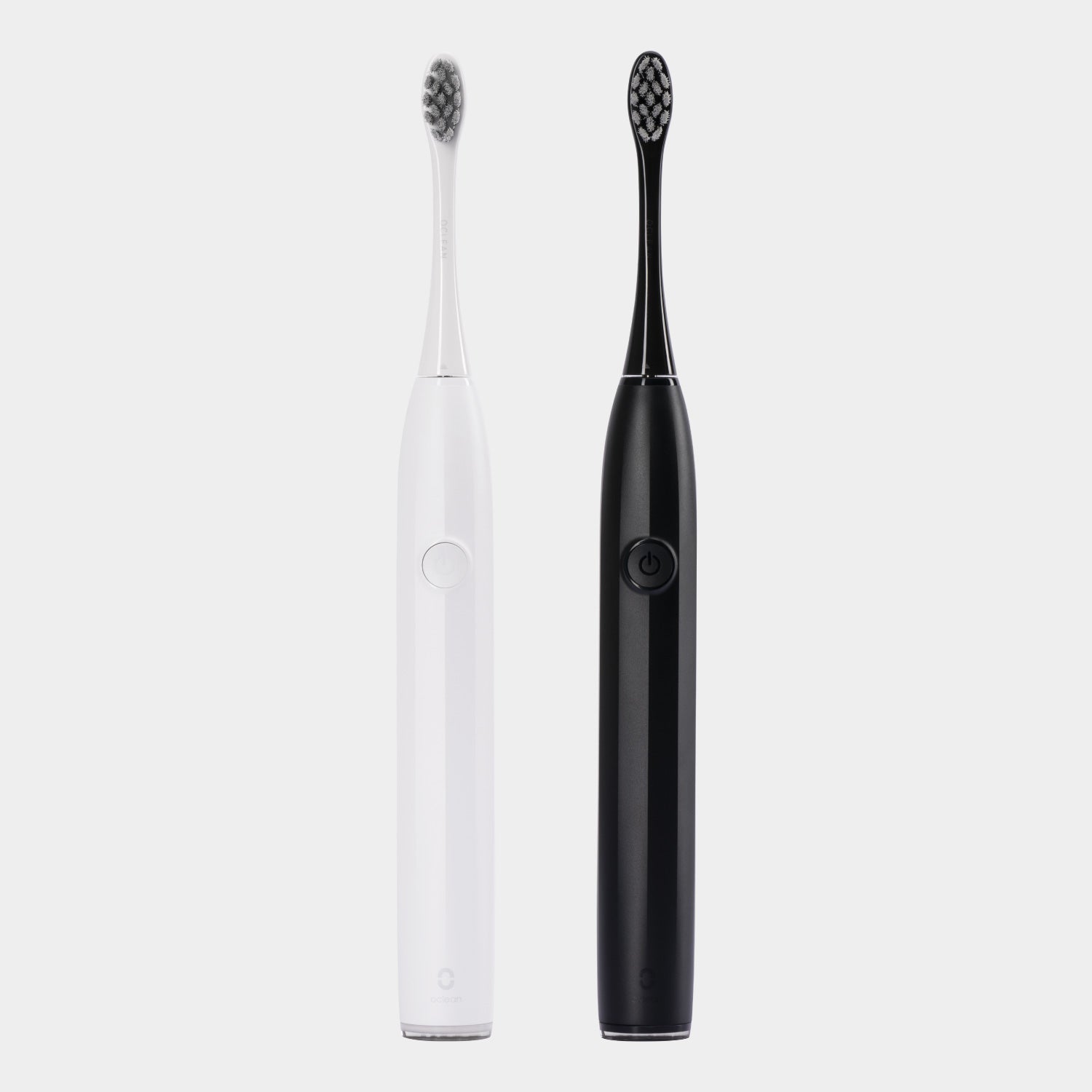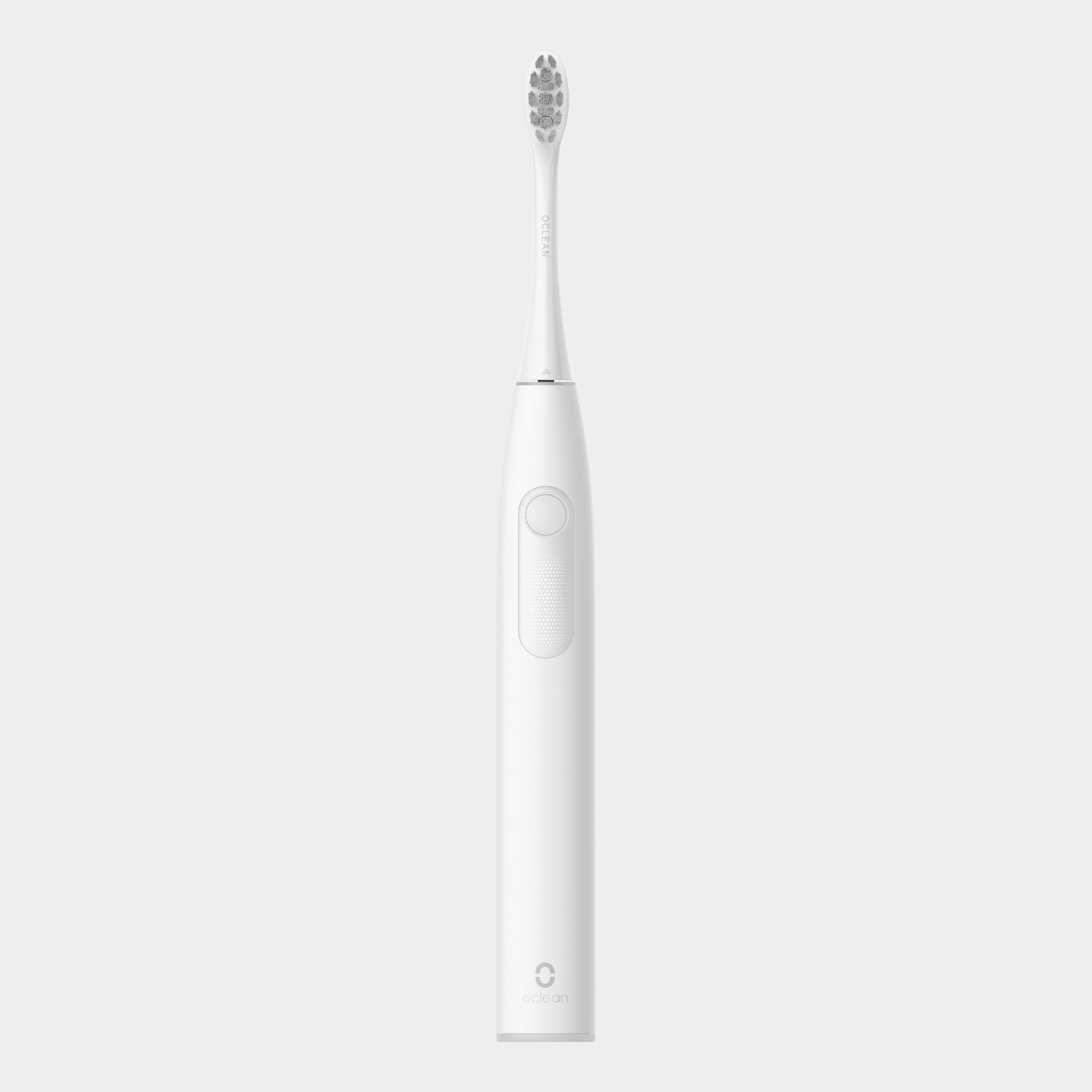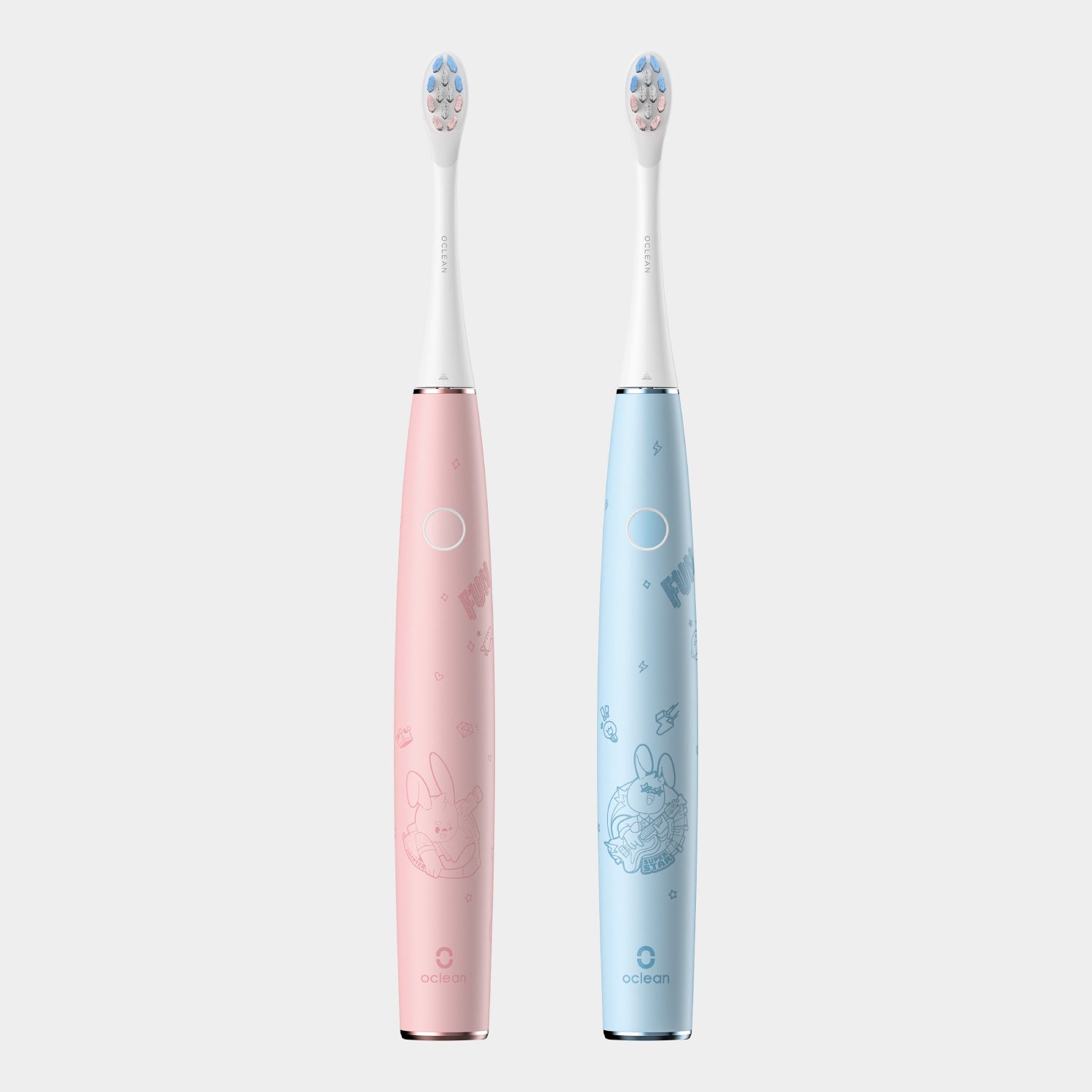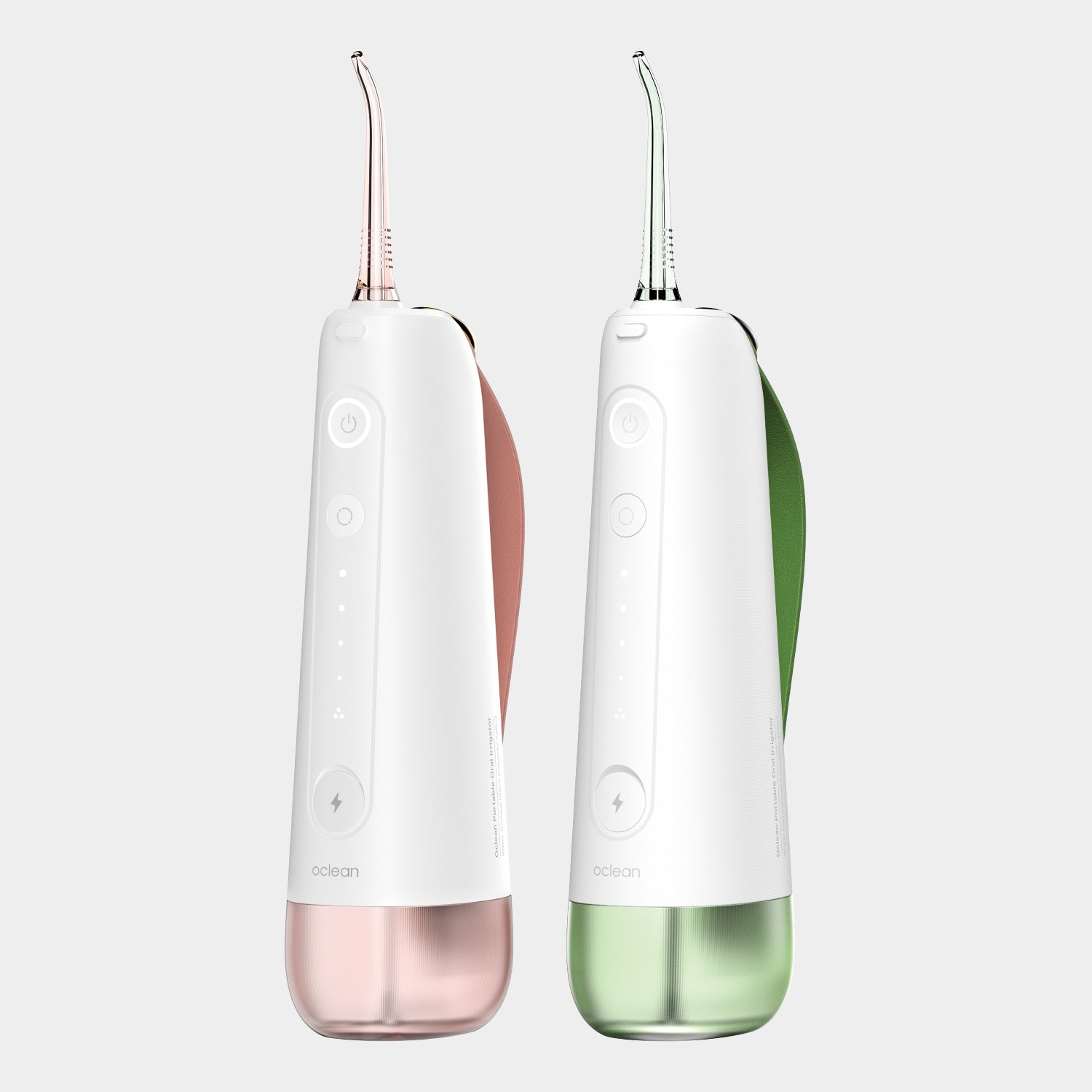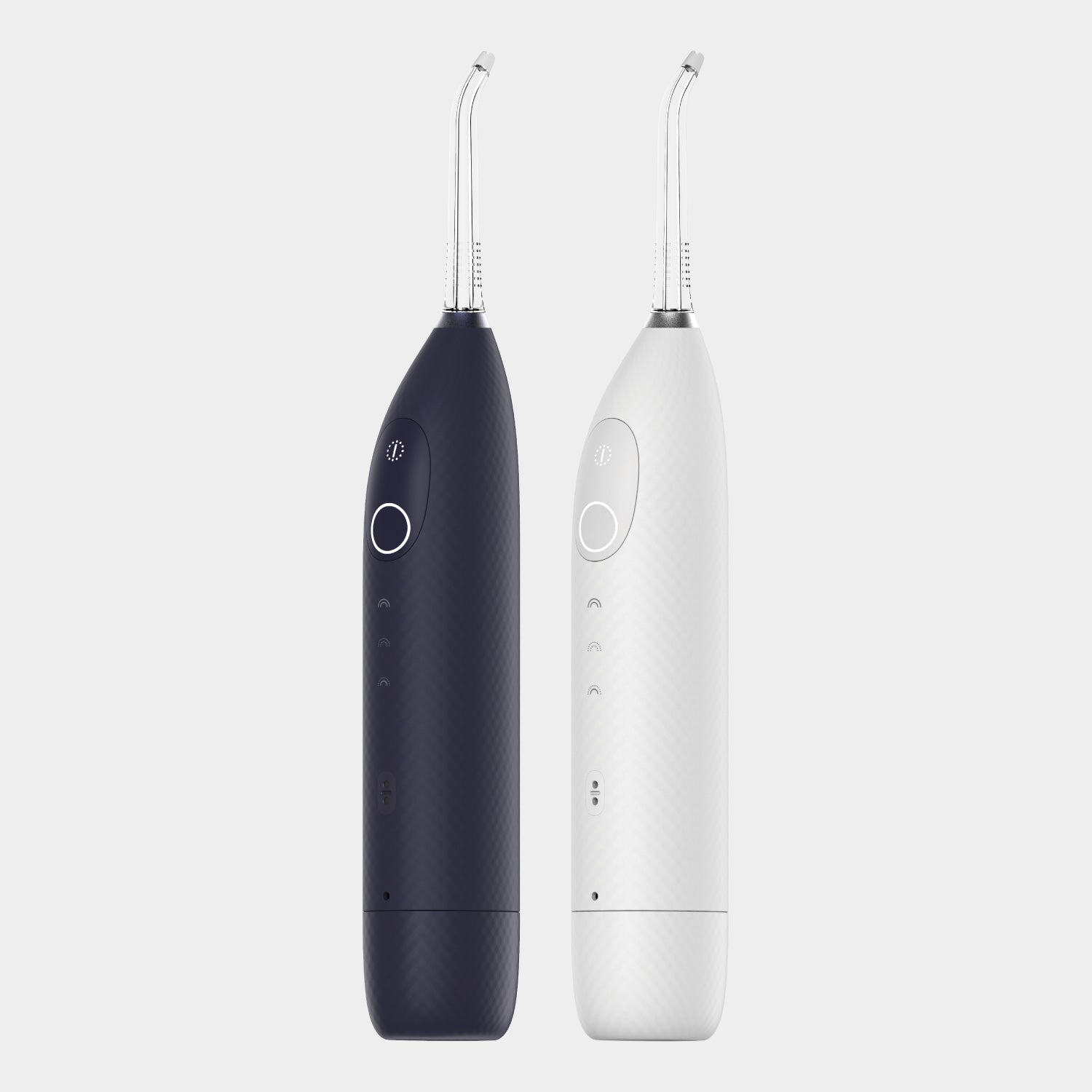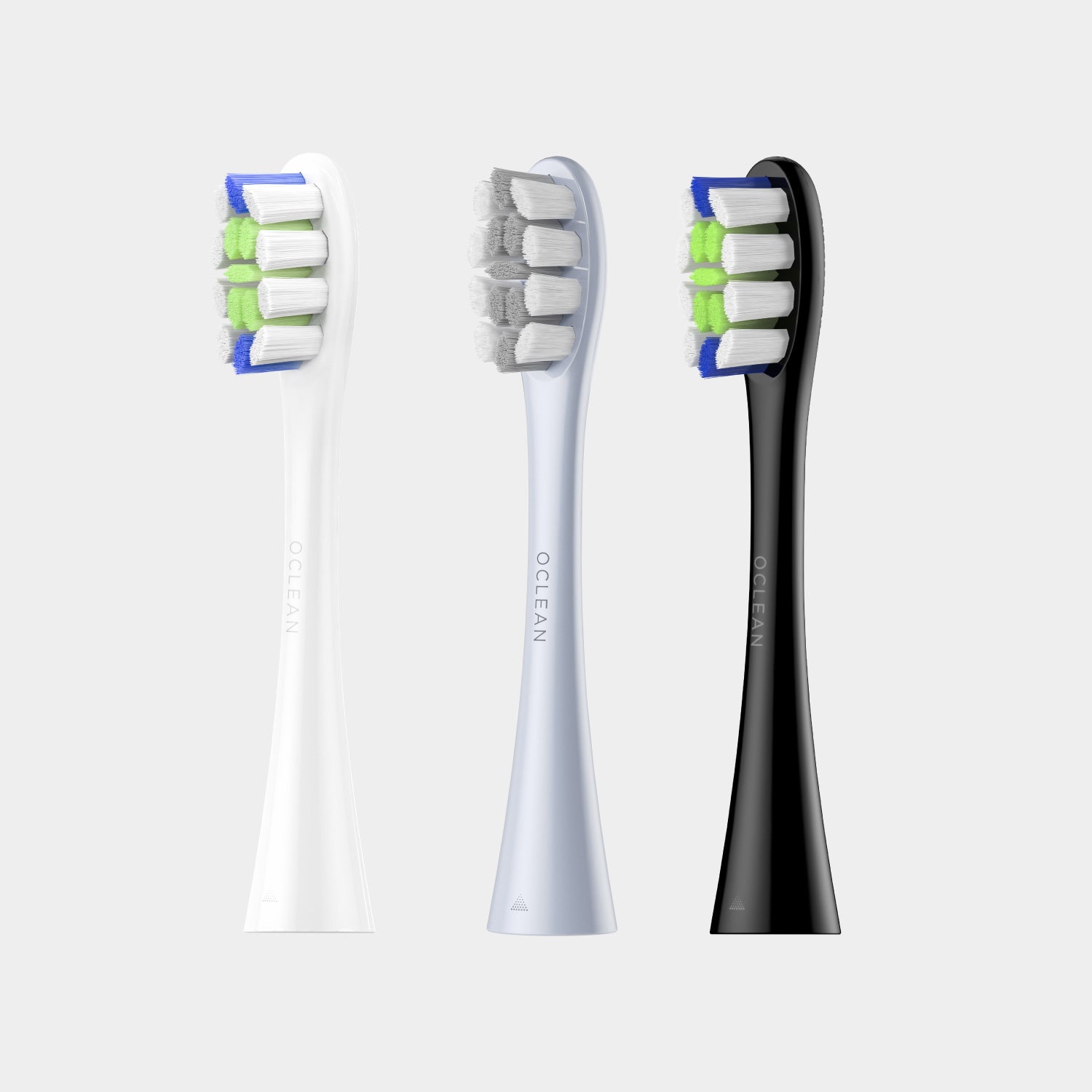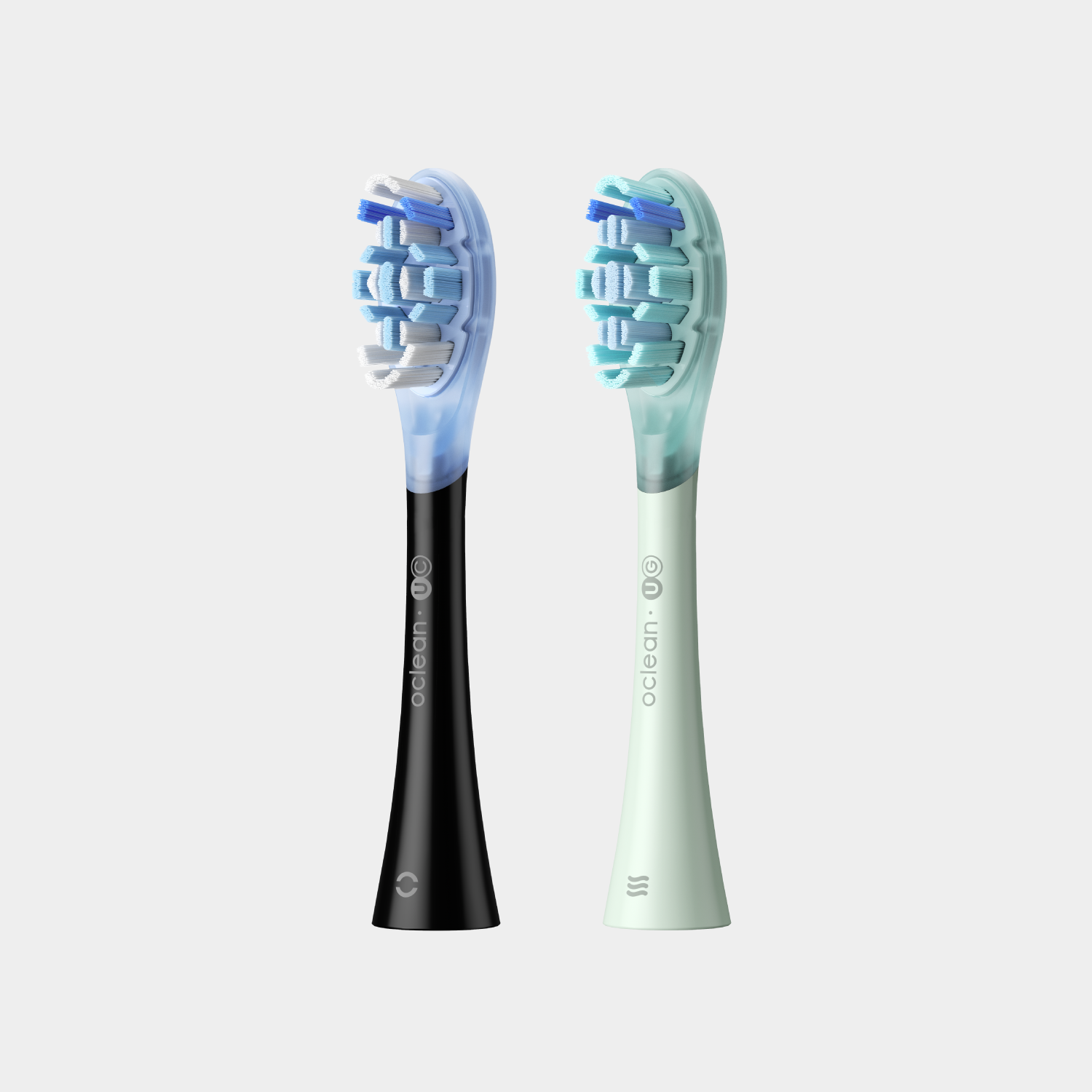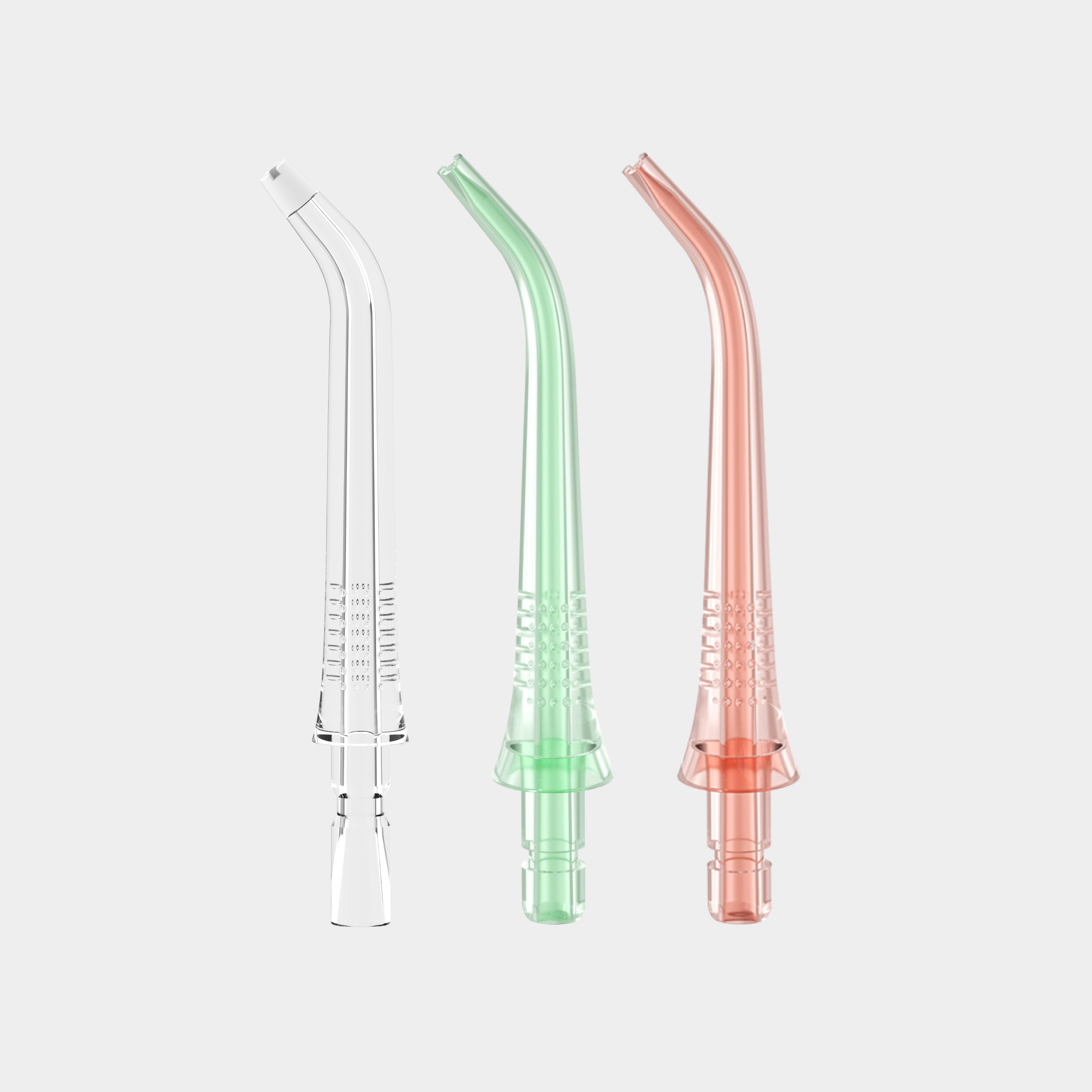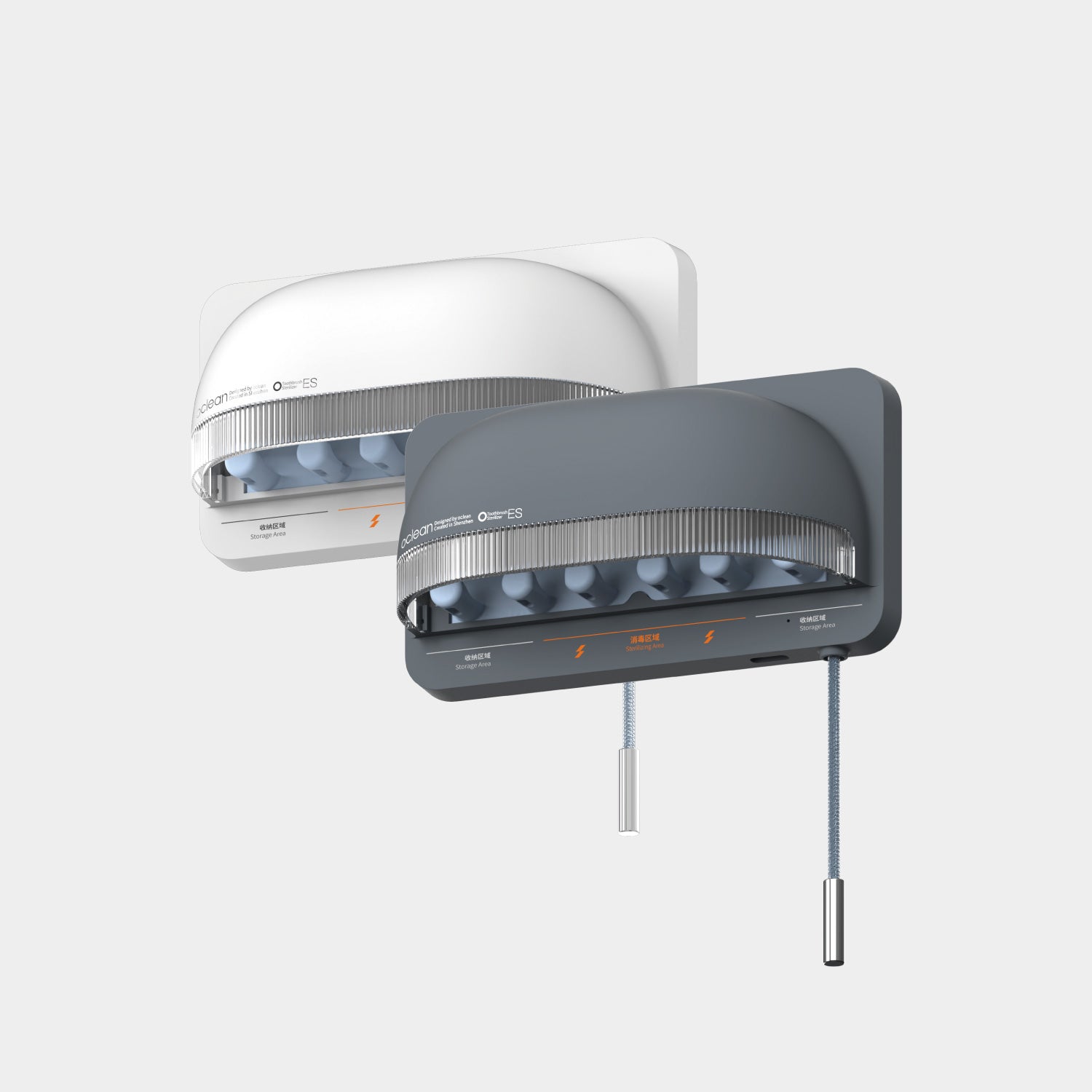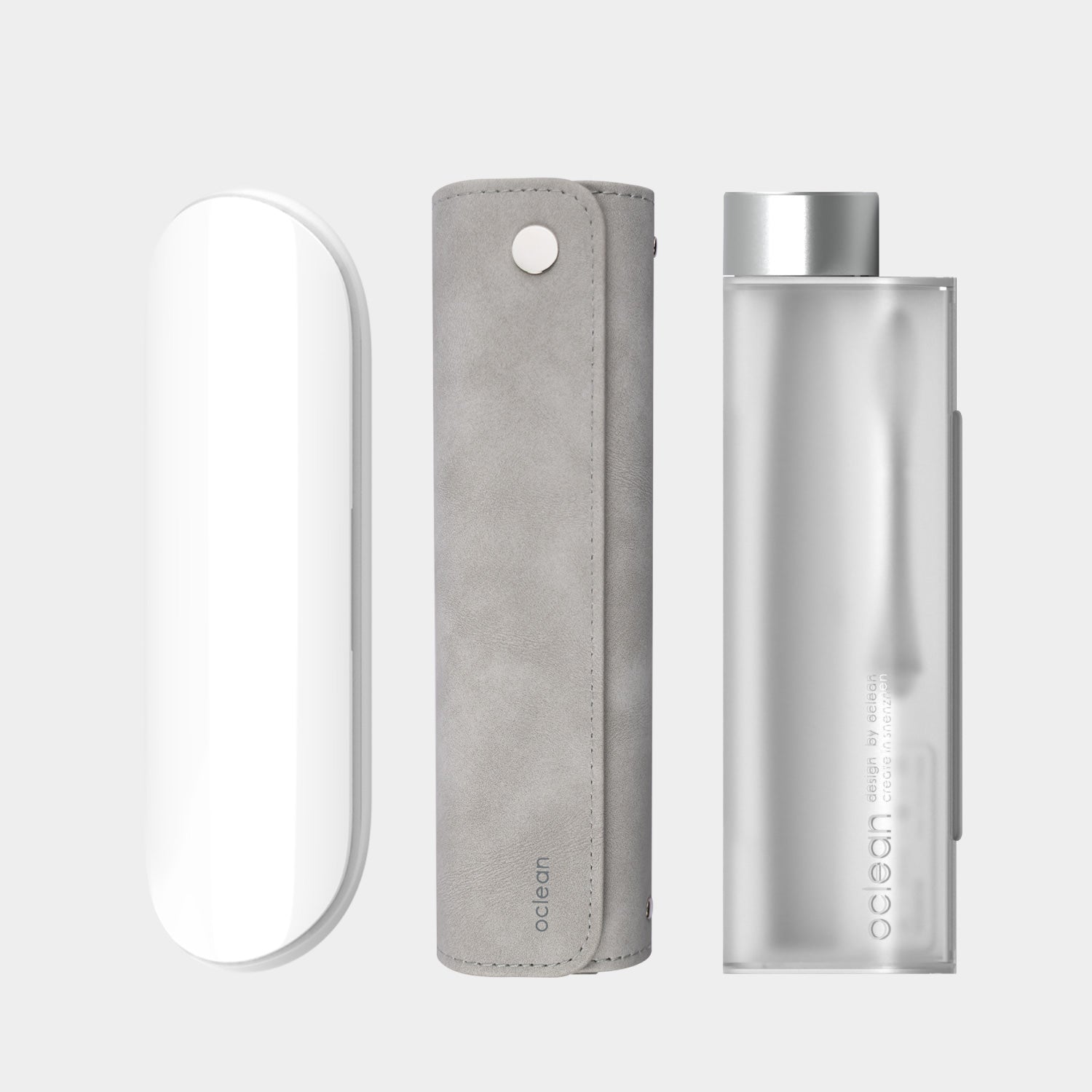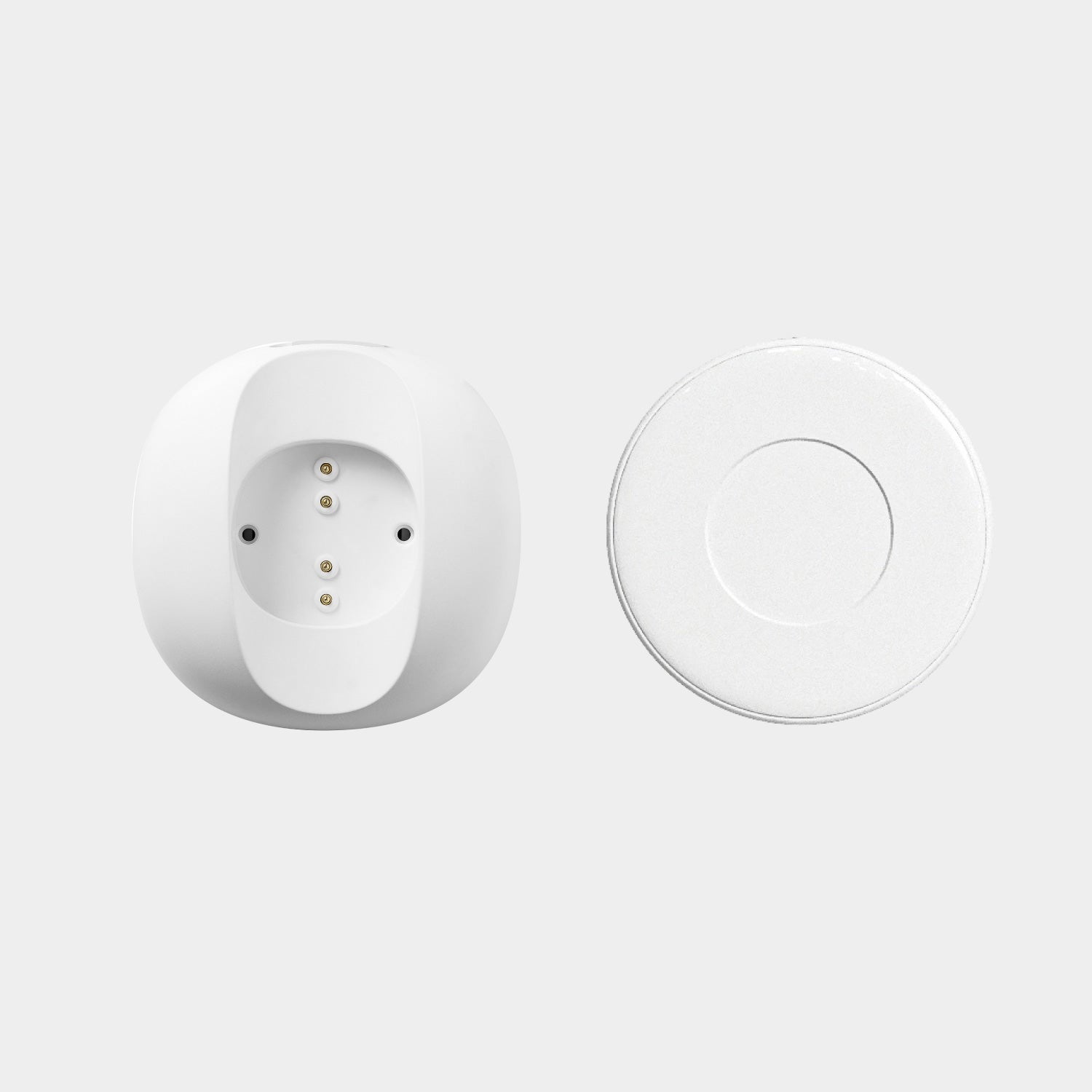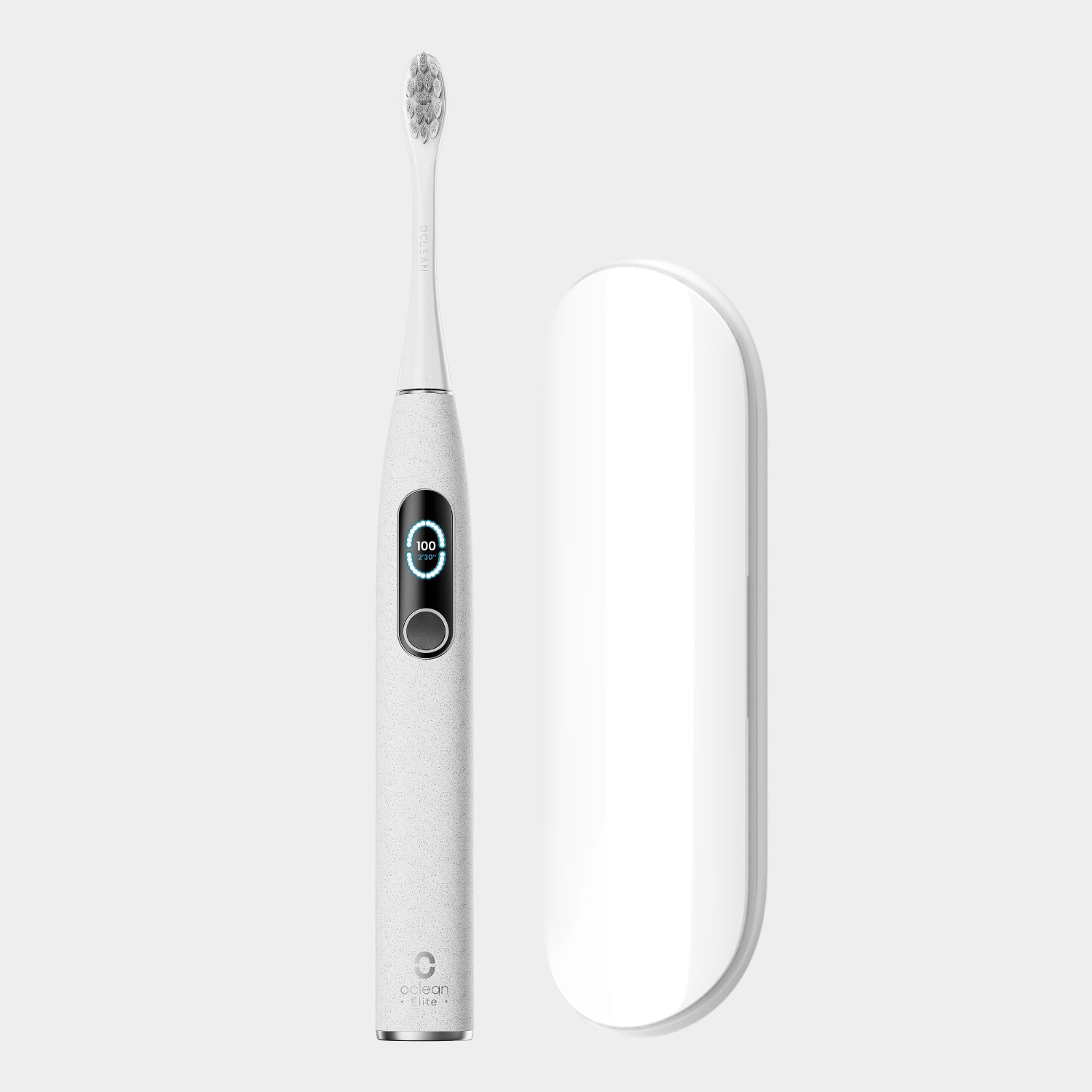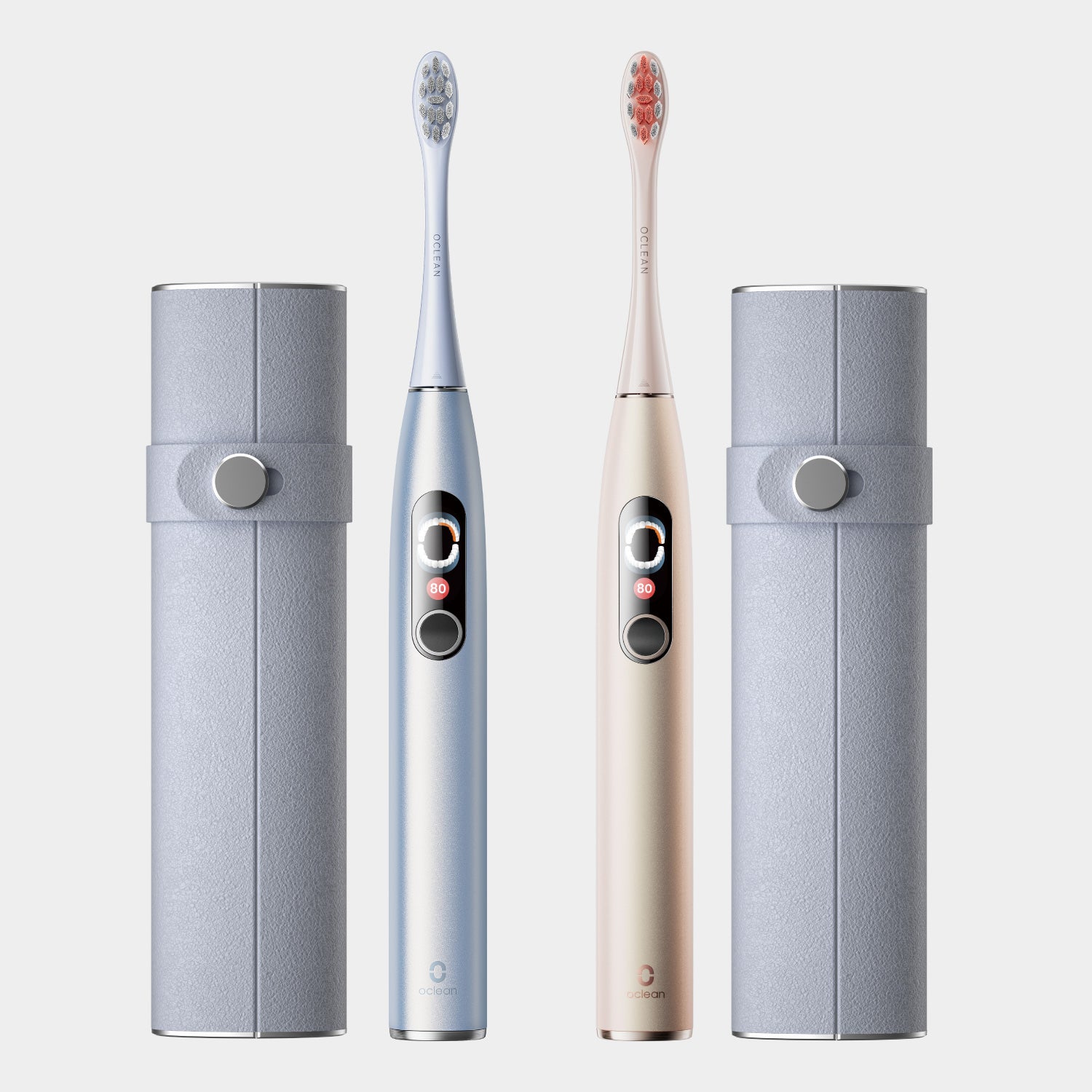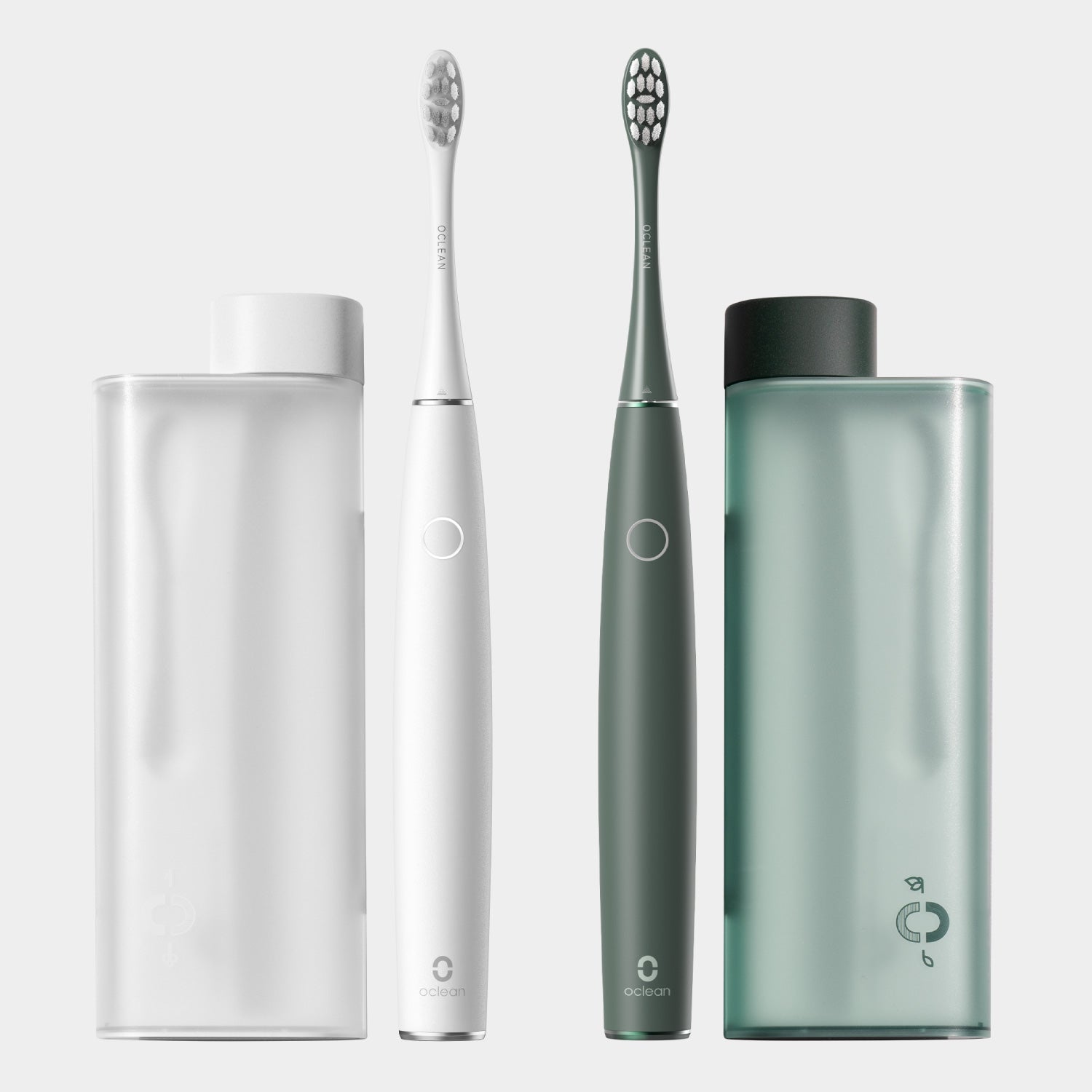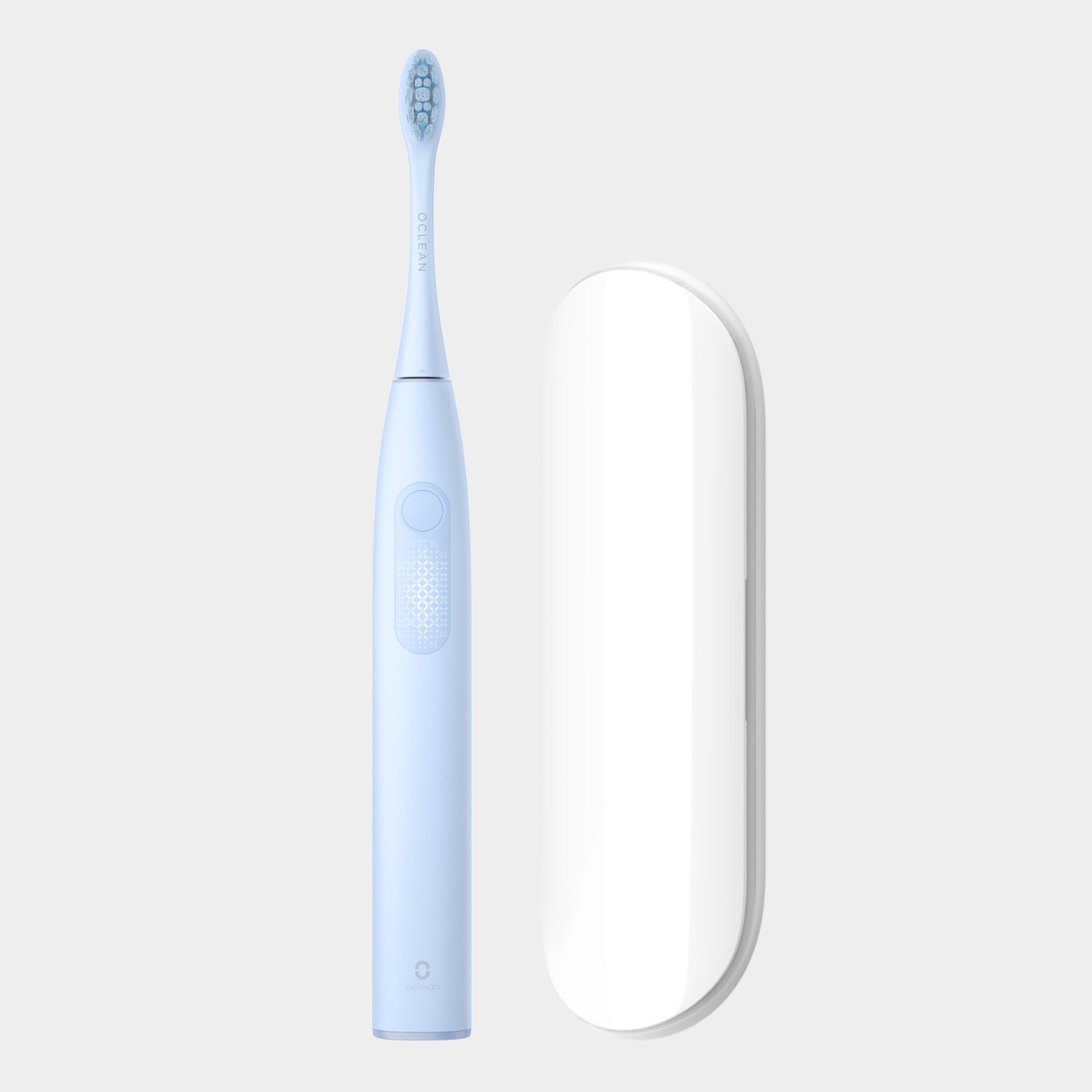Do you immediately clean your teeth after having a meal? If not, you may find the formation of a thin, sticky film covering your teeth. Approximately 68% of individuals find it challenging to remove this thin, sticky layer known as dental calculus, which is also alternatively popular as plaque or tartar layer.
The plaque only needs 12 hours to mature and gradually hardens within 24 to 72 hours. You would be surprised to learn that the accumulation of tartar may make brushing and flossing difficult. As a result, this condition may lead to cavities, gum disease, and even bad breath.
How can dental calculus impact your oral health?
Even if you take excellent care of your teeth, you will still have bacteria in your mouth that might interact with the foods you consume, like sweet or starchy food items. As a result, your teeth, gums, and dental restorations are coated with a thin layer of dental plaque.
Plaque contains acid-producing bacteria that can erode enamel and lead to dental cavities. If plaque is not removed routinely, it will harden into tartar. Tartar is extraordinarily harsh and porous, can only be removed using professional dental instruments, and, if left untreated, can cause gum recession and gum disease.
Although everyone produces plaque, the following factors increase your risk:
- Eating foods rich in sugar (e.g., sweets, cakes, etc.)
- Consume foods rich in carbs (e.g., bread, pasta, potato chips, etc.)
- dry mouth as a result of insufficient hydration or certain drugs
- Chew or smoke tobacco
- There is no way to avoid plaque, but frequent tooth cleaning and flossing can limit its accumulation.
Can you prevent the formation of calculus?
The best way to deter calculi is to maintain regular oral hygiene and to do that; you must follow the tips below:
- Do not forget to brush for two minutes twice a day, and never skip flossing if you want to maintain good oral hygiene.Using a smart toothbrush and water flosser can save more effort and be more efficient.
- Replace the bristles of an electric toothbrush every three months. While if you are using a manual toothbrush, choose the one with soft bristles and replace them periodically.Oclean has different kinds of electric toothbrush heads to satisfy all your needs.
- Try using fluoride toothpaste if your dentist recommends so.
- Never miss attending your routine dental checkup every six months.
- Eating a healthy, well-balanced diet and reducing the consumption of sugars and carbs can help maintain a healthy oral condition.
- Avoid smoking and chewing tobacco.
However, sometimes you may find that brushing and flossing alone are not enough to remove the tartar sediments from your teeth. In that case, do not hesitate to seek professional help. Since the tartar layer bonds firmly with the tooth enamel, you might need to undergo professional approaches like scaling or root planning.
So, it's time to become proactive and take care of your teeth, so you don't have to face any oral complications in the future!
*Cover image from Freepik@attostock, we will delete it if constitutes infringement *


